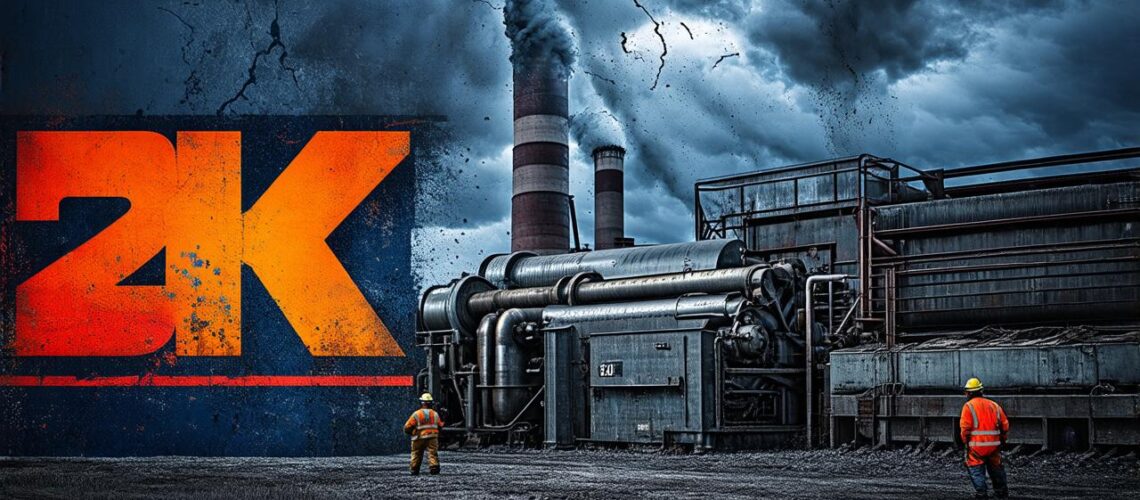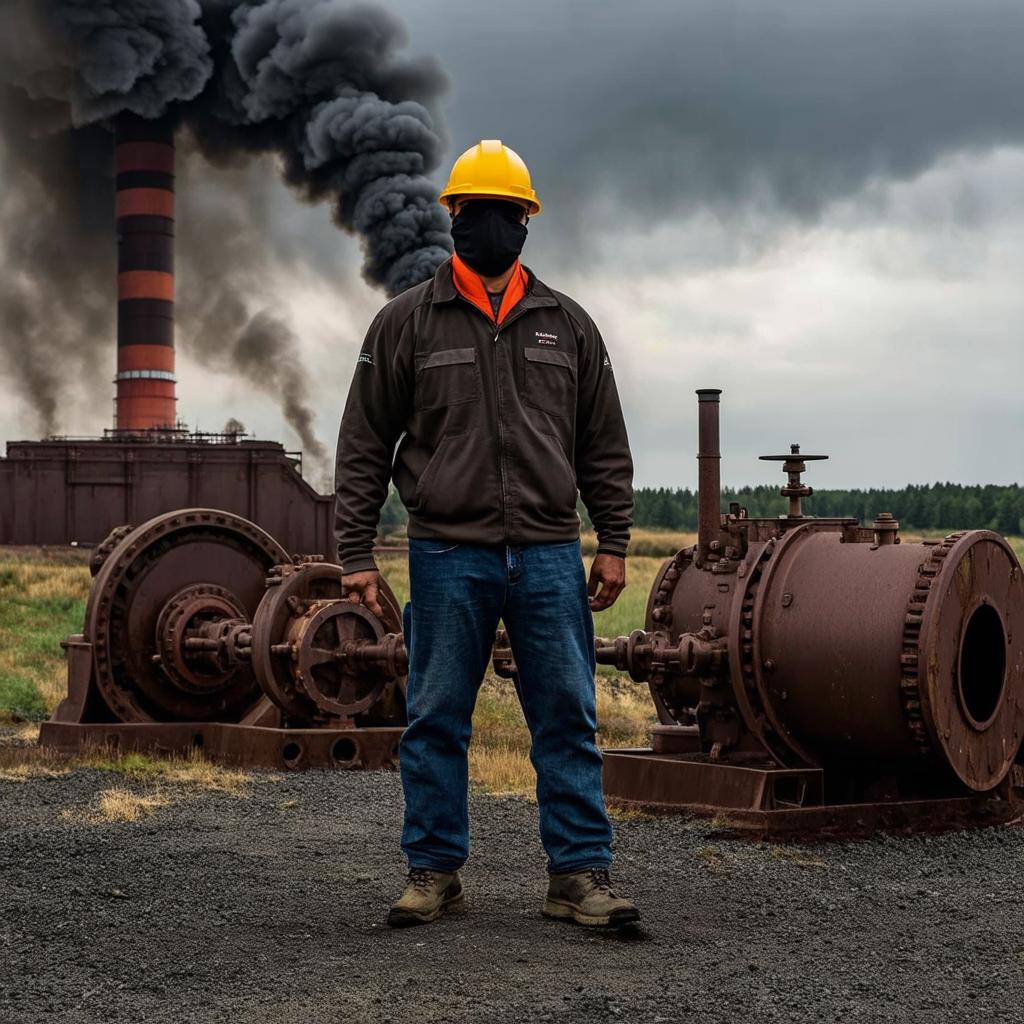What is the deadly effect of a company?

Here’s the corrected HTML code for the article:
Impact on Society
Companies can have a significant impact on society, both positive and negative. On one hand, companies create jobs, stimulate economic growth, and contribute to community development. For example, a tech company may hire thousands of people, generate revenue, and invest in local infrastructure.
On the other hand, companies can also lead to exploitation, discrimination, and harm to workers and communities.
Case Study: Amazon and Labor Exploitation
One of the most well-known examples of labor exploitation by a company is Amazon’s treatment of its warehouse workers. In 2018, a group of Amazon workers in England filed a complaint against their employer for subjecting them to dangerous working conditions, including high temperatures, long hours, and poor pay.
The workers also accused Amazon of not providing adequate breaks or time off, and of not allowing them to take sick days when needed.
This case highlights the deadly effect that companies can have on society when they prioritize profits over worker well-being. By cutting costs and increasing productivity, companies may inadvertently contribute to exploitation, discrimination, and harm to workers and communities.
Impact on the Environment
Companies also have a significant impact on the environment, both positive and negative. On one hand, companies can invest in sustainable practices and technologies that reduce their carbon footprint and protect natural resources. For example, a renewable energy company may use solar panels to generate electricity and reduce dependence on fossil fuels.
On the other hand, companies can also contribute to pollution, deforestation, and habitat destruction.
Case Study: BP’s Deepwater Horizon Oil Spill
One of the most devastating examples of a company’s impact on the environment is BP’s Deepwater Horizon oil spill in 2010. The spill, caused by an explosion and fire on the Deepwater Horizon drilling rig, released millions of gallons of crude oil into the Gulf of Mexico, causing widespread damage to marine life and ecosystems.
The spill also had economic impacts, affecting fishing, tourism, and other industries in the region.
This case highlights the deadly effect that companies can have on the environment when they prioritize profits over environmental protection. By cutting corners and taking risks, companies may inadvertently contribute to pollution, deforestation, and habitat destruction, with long-lasting consequences for ecosystems and human communities.
The Importance of Corporate Social Responsibility
Corporate social responsibility (CSR) is a set of practices that companies can adopt to promote sustainability and address social and environmental challenges. By adopting CSR practices, companies can build trust with stakeholders, enhance brand reputation, and create long-term value for their business.
CSR practices can include a range of activities, such as investing in renewable energy, implementing fair labor practices, reducing waste and emissions, supporting local communities, and promoting diversity and inclusion. By prioritizing CSR, companies can demonstrate their commitment to society and the environment, and build a more sustainable and equitable future for all.
How Can Companies Avoid the Deadly Effect?

To avoid the deadly effect of a company, companies must adopt a holistic approach that considers the social and environmental impacts of their operations. This requires a shift away from short-term profit maximization towards long-term sustainability and stakeholder engagement.
Companies must also recognize the interconnectedness of social and environmental issues, and work collaboratively with stakeholders to create positive outcomes for all. Companies can also adopt best practices in various areas, such as labor rights, human rights, environmental protection, and ethical business conduct. By doing so, companies can minimize their negative impact on society and the environment while maximizing their positive contributions.
FAQs
1. What is the deadly effect of a company?
The deadly effect of a company refers to its negative impacts on society and the environment, such as exploitation, discrimination, pollution, deforestation, and habitat destruction.
2. How can companies avoid the deadly effect?
Companies can avoid the deadly effect by adopting corporate social responsibility practices, prioritizing long-term sustainability over short-term profits, engaging stakeholders, and adopting best practices in various areas.
3. What are some examples of the deadly effect of a company?
Examples of the deadly effect of a company include Amazon’s treatment of warehouse workers, BP’s Deepwater Horizon oil spill, and other cases of exploitation, discrimination, pollution, and habitat destruction caused by companies prioritizing profits over social and environmental responsibility.
4. How can society and the environment be impacted by a company’s actions?
Society and the environment can be impacted by a company’s actions through labor exploitation, discrimination, pollution, deforestation, habitat destruction, and other negative impacts that can harm workers, communities, and ecosystems.
5. What is corporate social responsibility (CSR)?
Corporate social responsibility (CSR) is a set of practices that companies can adopt to promote sustainability and address social and environmental challenges. By prioritizing CSR, companies can build trust with stakeholders, enhance brand reputation, and create long-term value for their business.